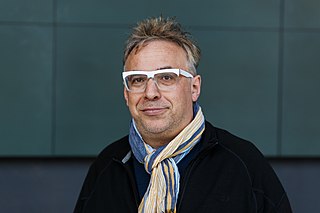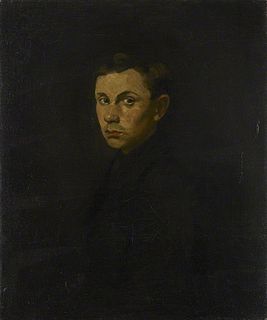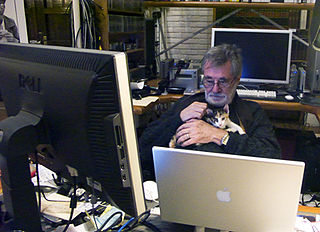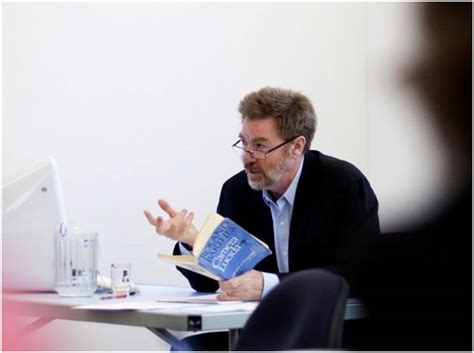A Quote by Pierre Bourdieu
In stamping photography with the patent of realism, society does nothing but confirm itself in the tautological certainty that an image of reality that conforms to its own representation of objectivity is truly objective.
Related Quotes
... what is faked [by the computerization of image-making], of course, is not reality, but photographic reality, reality as seen by the camera lens. In other words, what computer graphics have (almost) achieved is not realism, but rather only photorealism - the ability to fake not our perceptual and bodily experience of reality but only its photographic image.
The immature conscience is not its own master. It simply parrots the decisions of others. It does not make judgments of its own; it merely conforms to the judgments of others. That is not real freedom, and it makes true love impossible, for if we are to love truly and freely, we must be able to give something that is truly our own to another. If our heart does not belong to us, asks Merton, how can we give it to another?
The challenge for me has first been to see things as they are, whether a portrait, a city street, or a bouncing ball. In a word, I have tried to be objective. What I mean by objectivity is not the objectivity of a machine, but of a sensible human being with the mystery of personal selection at the heart of it. The second challenge has been to impose order onto the things seen and to supply the visual context and the intellectual framework - that to me is the art of photography.
... Nothing resembles reality less than the photograph. Nothing resembles substance less than its shadow. To convey the meaning of something substantial you have to use not a shadow but a sign, not the limitation but the image. The image is a new and different reality, and of course it does not convey an impression of some object, but the mind of the subject; and that is something else again.
The main difference seems to be that, whereas photography still claims some sort of objectivity, digital imaging is an overtly fictional process. As a practice that is known to be capable of nothing but fabrication, digitization abandons even the rhetoric of truth that has been such an important part of photography's cultural success.
Wars are fought to gain a certain objective. War itself is not the objective; victory is not the objective; you fight to remove the obstruction that comes in the way of your objective. If you let victory become the end in itself then you've gone astray and forgotten what you were originally fighting about.
The vice named surrealism is the immoderate and impassioned use of the stupefacient image or rather of the uncontrolled provocation of the image for its own sake and for the element of unpredictable perturbation and of metamorphosis which it introduces into the domain of representation; for each image on each occasion forces you to revise the entire Universe.




































